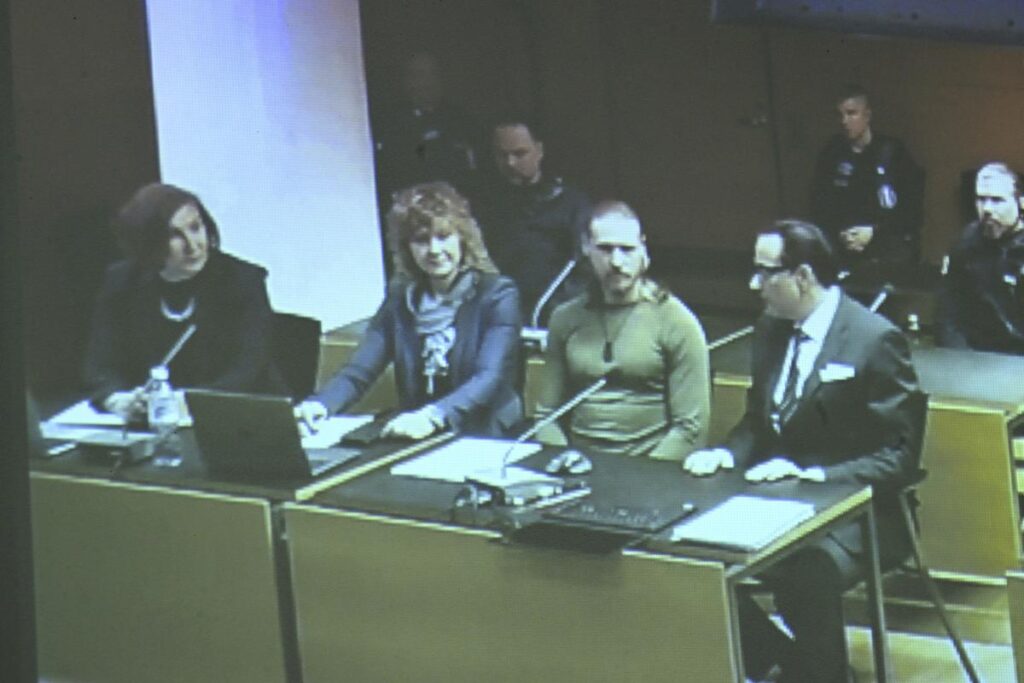In Helsinki, a significant war crimes trial commenced, focusing on a man accused of committing atrocities against Ukrainian forces in 2014 within a Russia-backed separatist area of Ukraine. The prosecution, which has begun presenting its case at the Helsinki district court, is pushing for a life sentence for the defendant, identified in Finnish media as Yan Petrovsky, although his identity was initially withheld. Petrovsky, a Russian national living in Finland under the alias Voislav Torden, was arrested in July 2023 while attempting to travel with his family to Nice, France. His lawyer, Heikki Lampela, stated that Petrovsky intends to contest all allegations against him.
The case has garnered attention not only due to the seriousness of the charges but also because of the implications surrounding the defendant’s extradition. Finland’s Supreme Court determined that Petrovsky could not be extradited to Ukraine, where he was under an arrest warrant, due to concerns over potential inhumane prison conditions. This decision fragmented the standard processes governing extradition and highlighted Finland’s responsibility to prosecute individuals accused of war crimes within its jurisdiction.
Charges against Petrovsky involve his alleged role as deputy commander of a unit called Rusich, which fought on behalf of the separatist Luhansk region against Ukrainian forces. Prosecutors argue that during his time with the unit, Petrovsky participated in actions that blatantly violated the laws of war. Notably, it is claimed that he and his unit were responsible for the deaths of 22 Ukrainian soldiers and caused serious injuries to four others. Additionally, he faces accusations concerning the treatment of wounded soldiers and handling of deceased combatants, alleging that his actions contravened established wartime protocols.
The broader context of this trial is rooted in a complex geopolitical situation. Following the annexation of Crimea by Russia in March 2014, a wave of separatist movements supported by Moscow erupted in the eastern region of Ukraine, known as Donbas. This conflict has persisted, evolving into a protracted war that has garnered international attention. The hostilities intensified significantly with Russia’s full-scale invasion of Ukraine in February 2022, which has since led to widespread allegations of war crimes on both sides of the conflict.
The prosecution’s case marks a pivotal moment in legal efforts to address accountability for war crimes in contemporary conflicts. With Finland taking the lead in trying this case, it sets a precedent that may inspire further international legal actions against individuals implicated in war crimes, particularly those linked to the ongoing conflict in Ukraine. This trial reflects an evolving landscape where nations bear the moral and legal responsibility to pursue justice, even in cases whereinternational mechanisms may seem insufficient or fraught with complications.
As the trial unfolds, scrutiny will likely focus on the evidence presented, including testimonies from witnesses, documentation of the alleged crimes, and the broader implications for Finnish law and international relations. This case is not just about one individual facing justice; it symbolizes a struggle for accountability in a fragmented world where the rules of warfare are challenged and violated. It remains to be seen how this trial may influence future war crimes prosecutions and impact the ongoing dialogue surrounding the conflict in Ukraine.

